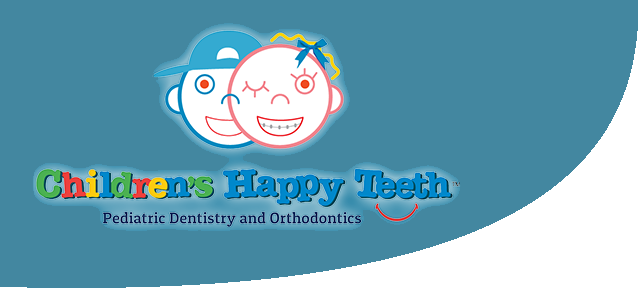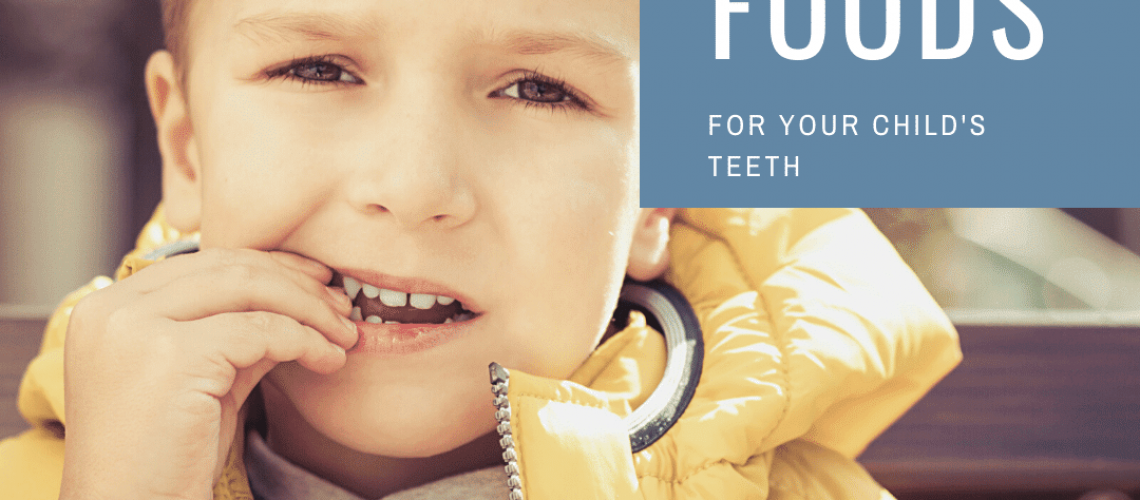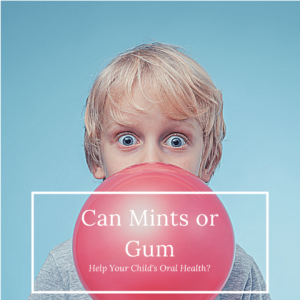Last week, we took a look at some of the best foods for your child’s teeth. Unfortunately, while there are several foods that can benefit your child’s oral health, there are also several foods that can be detrimental to your child’s oral health. In order to prevent dental issues like tooth decay and gum disease, you will want to limit your child’s consumption of these foods. The 10 worst foods for your child’s teeth include:
Citrus Fruits

While citrus fruits do contain tons of vitamin C and other nutrients, eating them too often can be detrimental to your child’s oral health. This is because citrus fruits also contain high amounts of citric acid, which can erode your child’s tooth enamel and make them more susceptible to tooth decay. To minimize the effects of citric acid, it is recommended to drink water after consuming citrus fruits.
Dried Fruits
Dried fruits on their own or dried fruits found in trail mix are also detrimental to your child’s oral health. This is because they contain high amounts of sugar and are exceptionally sticky. When foods that contain excess sugar stick to your child’s teeth, it amplifies the amount of damage done and increases the risk of tooth decay.
Canned Fruits
In general, fruits tend to have a higher amount of natural sugars to begin with. However, canned fruits contain even more added sugars that can increase the risk of tooth decay. Additionally, some varieties of canned fruits may also contain natural acids, which increases enamel erosion and amplifies the risk of decay.
Candy
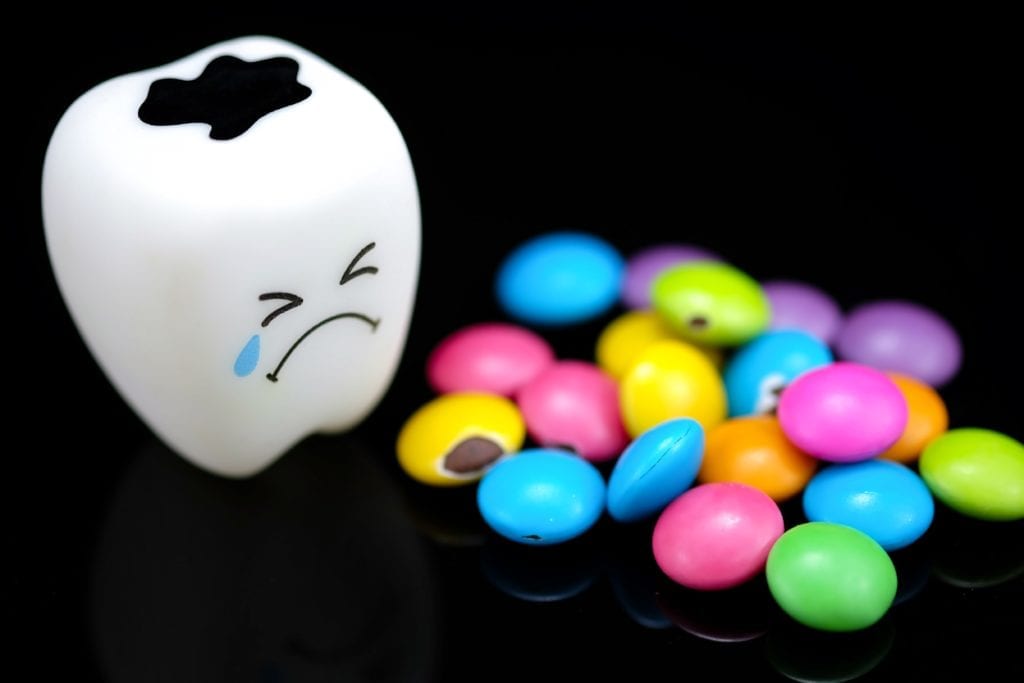
Of course, candy is one of the worst foods for your child’s teeth. This is simply due to the fact that candy contains large amounts of sugar, which feeds decay-causing bacteria. Not only that, but certain types of candies are sticky and others, like lollipops, remain in your child’s mouth for extended periods of time.
Potato Chips
While crunchy vegetables are good for your child’s teeth, crunchy potatoes are not. This is because potato chips are high in starch. Not only can this negatively affect your child’s overall health, but it can be detrimental to their oral health since starches tend to stick to the surface of their teeth. Once these starches are broken down into sugars, then they provide an ideal food source for decay-causing bacteria.
Crackers
Crackers are carbohydrates, which break down into sugars almost as soon as they enter the mouth. Unfortunately, this means the decay-causing bacteria will enjoy eating these sugars as much as your child enjoys eating crackers. Not only that, but crackers form a paste when mixed with saliva that sticks to the surface of your child’s teeth, as well as in between them.
Pickles
An essential part of the pickling process is the use of vinegar, which contains a high amount of acid. Acid wears down your child’s tooth enamel overtime and makes it more susceptible to damage and decay. Although the occasional pickle is not necessarily harmful, eating a pickle a day can increase the chances of enamel wear by 85%.
Popcorn
Popcorn can be problematic due to the fact that it breaks down into several small fragments that tend to lodge themselves between your child’s teeth and into other hard to reach spaces. This can cause bacteria to accumulate in these areas, which can eventually lead to tooth decay. In some cases, it can also cause tooth pain. Finally, popcorn also contains hardened kernels, which can easily damage teeth if your child bites down on one.
Ice
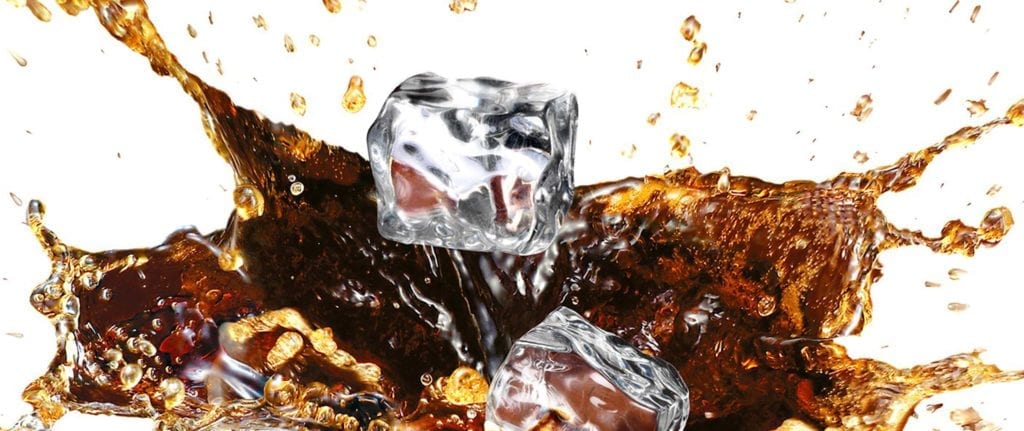
Although ice is not necessarily a food, many people believe that chewing on ice is good for their teeth since it is only hardened water. However, chewing on ice can cause the outer enamel of your child’s teeth to become chipped, cracked, or otherwise damaged.
Cough Drops
Again although cough drops are not necessarily a food, it is important to know that they can pose a threat to your child’s oral health. This is because they contain sugars that remain in your child’s mouth for an extended amount of time while they suck on the drop. Instead, it is recommended to use sugar-free cough drops.
